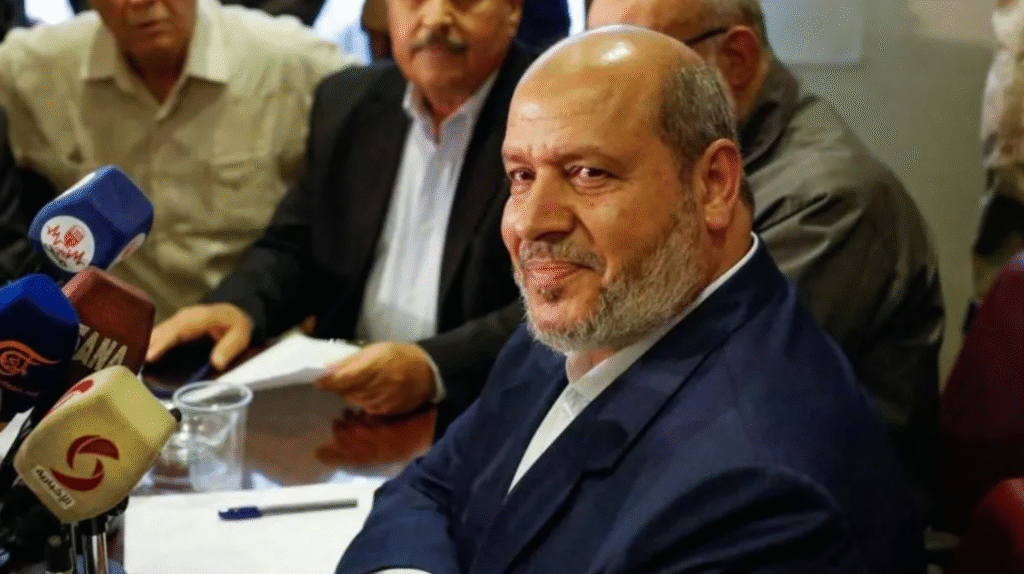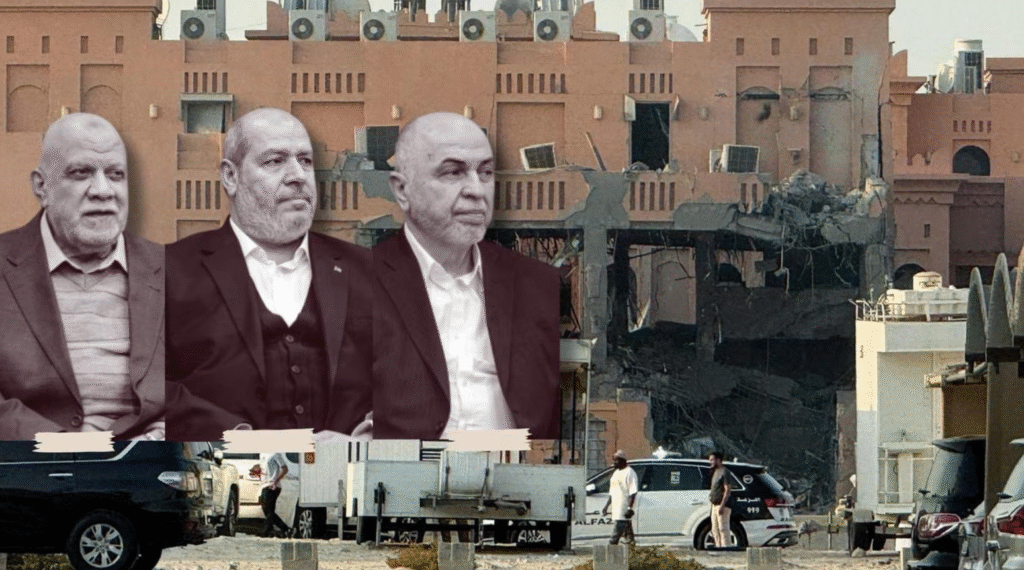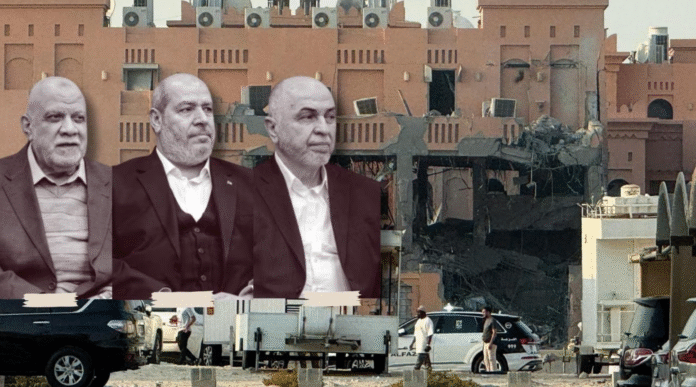Israel Hamas Diplomacy Crisis Sparks Global Alarm
The Israel Hamas diplomacy crisis reached a breaking point after Israel launched a shocking strike in Qatar, targeting senior Hamas leaders during negotiations. This unprecedented attack has shattered years of delicate diplomacy centered in Doha, where international mediators believed peace talks were still possible.
Khalil al-Hayya, Hamas’s chief negotiator, had been meeting with colleagues to discuss the latest U.S.-backed proposals when Israeli forces struck. Within moments, what had been billed as a new chance for peace turned into an international crisis.

Why Qatar Was Considered a Diplomatic Safe Haven
For years, Qatar built its reputation as a Middle Eastern “neutral zone,” playing host to negotiations even between sworn enemies. From the U.S.–Taliban peace talks to delicate ceasefire agreements in Gaza, Doha had carved out a unique role as a trusted broker.
The Israel Hamas diplomacy crisis, however, has revealed the fragility of that role. Qatar was supposed to be untouchable, a safe stage for diplomacy, even during war. Yet, the attack proves that not even the Gulf state’s neutrality could withstand the escalation.
Hamas Leaders Caught Mid-Negotiation
According to reports, Hamas leaders were reviewing American proposals that might have paved the way toward a ceasefire and the release of Israeli hostages.
Their proximity to U.S. and Israeli delegations raised speculation online: was the peace plan a trap to lure Hamas leaders into one location? Israel’s swift confirmation of its role only fueled those suspicions.
The Israel Hamas diplomacy crisis has thus triggered distrust not only between enemies, but also between mediators and negotiators who believed the process was genuine.
Netanyahu’s Defiance and Israel’s Stance
Israeli Prime Minister Benjamin Netanyahu defended the strike, declaring that Israel’s enemies “will never be able to sleep easy.” His message to Palestinians was framed as an appeal for peace, urging them to reject Hamas and accept President Trump’s proposals.
But for many in Gaza, his words ring hollow. With tens of thousands of civilians killed, famine spreading, and homes reduced to rubble, Netanyahu’s call for cooperation appears detached from the daily reality of Palestinian suffering.
Humanitarian Catastrophe Intensifies in Gaza
The Israel Hamas diplomacy crisis coincides with escalating humanitarian suffering. In Gaza, over 60,000 people, mostly civilians, have been killed. Hospitals, universities, and schools lie in ruins, while starvation grips the population.
The IDF’s directive for over a million residents to evacuate Gaza City further deepens the crisis. For Palestinians, this forced displacement means yet another wave of uncertainty, fear, and grief.
International Reaction: Anger, Silence, and Calculations
The Doha strike was one of the rare instances where even the White House issued a rebuke. Qatar, after all, is a strategic U.S. ally and host to a massive American airbase.
However, Netanyahu appears confident. His government believes that U.S. President Donald Trump, despite public criticism, will stop short of serious consequences. For Israel, American diplomatic cover remains the key to pressing forward with military operations.

Meanwhile, other Western nations prepare to recognize Palestinian independence at the UN later this month. This has intensified calls from Netanyahu’s ultra-nationalist allies to annex even more of the occupied West Bank.
The Future of Diplomacy in the Middle East
The Israel Hamas diplomacy crisis has all but collapsed what remained of the peace process. Western diplomats, once optimistic about mediated solutions, now admit that “there is no diplomacy.”
What does this mean for the future? Experts warn that without diplomacy, the conflict risks spiraling further into regional war. Israel’s strike in Doha, combined with its campaign in Gaza, signals a strategy of total confrontation, one that sidelines negotiation in favor of force.

